Sulphur Spray For Tomato Funguses?
alanleveritt
14 years ago
Related Stories
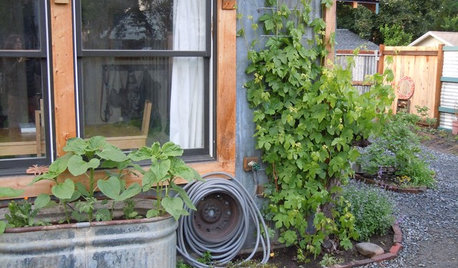
GARDENING GUIDESEdible Gardening Essentials: Tips for Traditional Hand Watering
Save the expense and hassle of a complicated garden system with a simple watering can or inexpensive hose add-ons
Full Story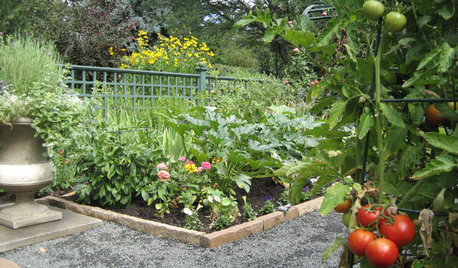
GARDENING GUIDESPacific Northwest Gardener: What to Do in June
Now's the time to prune pines and vines, prevent pests and buy June-blooming plants to keep your garden healthy and beautiful
Full Story
EDIBLE GARDENSGarden BFFs? Why Your Vegetables Are Begging for Companion Plants
Foster friendships among plants for protection from pests, pollination support and color camaraderie
Full Story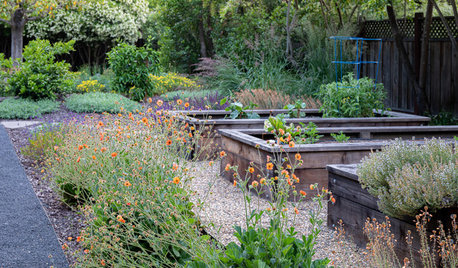
GARDENING GUIDESEssential Watering Tips for Your Edible Garden
To give your edible plants just what they need, check out these guidelines for how, when and how much to water
Full Story
FARM YOUR YARDHow to Grow Vegetables in Containers
Get glorious vegetables and fruits on your patio with a pro’s guidance — including his personal recipe for potting mix
Full Story
WINTER GARDENINGPruning Secrets for Exquisite Roses
Encourage gorgeous blooms year after year with this time-tested advice on how to prune your rosebush in winter for health and shape
Full Story
MOST POPULARHow to Get Rid of Those Pesky Summer Fruit Flies
Learn what fruit flies are, how to prevent them and how to get rid of them in your home
Full Story
FRONT YARD IDEASWelcome Edibles Into the Front Yard for Fresh Food and More
Give your front yard design a boost and maybe even make new friends by growing fruits and vegetables
Full Story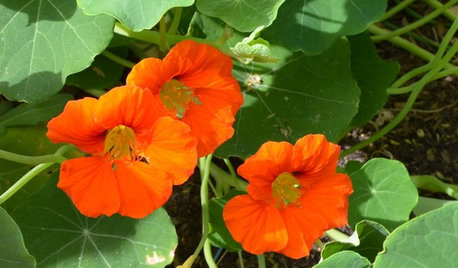
CONTAINER GARDENS7 Deer-Resistant Flowers for Your Summer Containers
Grow these as protection for edibles or just for their colorful beauty — deer might not like them, but everyone else will
Full Story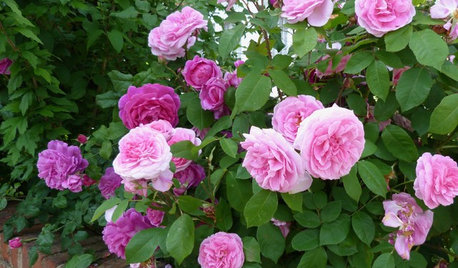
GARDENING GUIDESWhat Kind of Roses Should You Grow?
Want to add the beauty of roses to your garden? Find out which ones, from old-fashioned to modern, are right for you
Full StorySponsored
More Discussions






digdirt2
cyrus_gardner
Related Professionals
New Bedford Landscape Architects & Landscape Designers · Maple Valley Landscape Contractors · Americus Landscape Contractors · Huntington Landscape Contractors · Long Beach Landscape Contractors · Parkland Landscape Contractors · Davidson General Contractors · Martinsville General Contractors · Saginaw General Contractors · Winton General Contractors · Fort Collins Decks, Patios & Outdoor Enclosures · Fredericksburg Decks, Patios & Outdoor Enclosures · Hyattsville Decks, Patios & Outdoor Enclosures · Somerville Decks, Patios & Outdoor Enclosures · West Palm Beach Decks, Patios & Outdoor Enclosurescarolyn137
HoosierCheroKee
bigdaddyj
carolyn137
HoosierCheroKee
digdirt2
bigdaddyj
carolyn137
brianforeilly_gmail_com